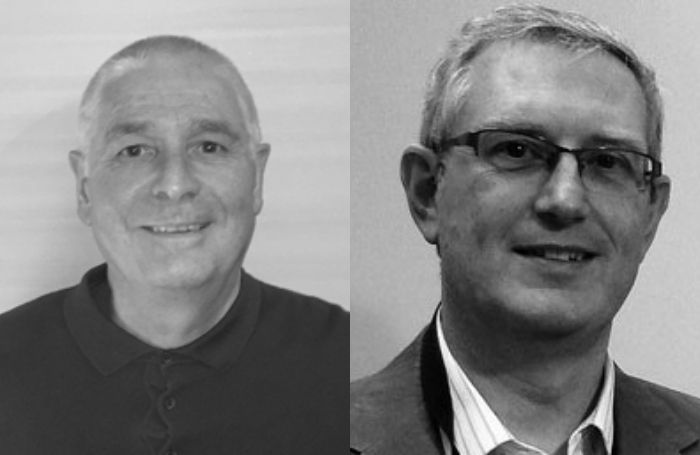RIBA Business supplier spotlight series with Whitemoor Davis
In this RIBA Business Supplier Spotlight, we are joined by Michael Holmes, Associate Director at Whitemoor Davis, one of our two specially chosen accountancy partners. Michael has a 30-year career as an accountant in professional services firms, including 15 years as the Financial Director of Grimshaw Architects. He brings a wealth of experience and fully understands the issues that affect small to medium sized architectural practices.

Tell us a bit about Whitemoor Davis
We are accountants, but we differ from your average accountancy firm in that we are highly experienced in dealing with architects and offer a bespoke service. Our clients are predominantly architects and as I was the Financial Director at Grimshaw for 15 years, I fully understand the financial issues and questions that arise for RIBA members. Most other firms don’t have this level of insight and knowledge.
My partner, Roy Davis also has specialist experience working with architectural practices. He has worked as an audit partner since 1990 for architectural firms ranging in size from the likes of Richard Rogers Architects to Grimshaw Architects. This means we know how to advise our clients no matter the size of the practice.
What is your approach to dealing with clients?
We offer a range of core and advisory services from the preparation and submission of tax returns and accounts, to full outsourcing, much like any other accountant. However, we also offer consultancy services due to our ingrained understanding of architects. This includes a lot of experience in valuing architectural and professional services firms. A few of the services we offer that are particularly useful for smaller to medium sized businesses include:
- Review your financial processes against best practices to easily see the changes you may need to make to align with the top companies
- Day-to-day financial help within an architectural practice including time sheets and cost rates
- Review and monitor how you do fee bids (something 99% of other firms can't do)
- Succession planning
How do you source solutions for clients?
A unique selling point of Whitemoor Davis is understanding the things that can go wrong for architects and finding solutions to these issues. For example, the importance of having correct cost rates to ensure all costs of your business are covered with each project.
We set our clients up with systems and processes so they can easily keep track of how much money they are making on projects. We also recommend the types of software (accountancy packages and job costing packages) to use based on the size of the company so individual clients can control their own profits on projects and report on performance. An easy to use software is important to check monthly so that you’re not over or under billing and can monitor business profits overall.
We are finding it increasingly common to see clients reach out about Employee Ownership Trusts (EOT) and we have experience in converting businesses into an EOT structure.
I have been working with the RIBA as a lead consultant on their new RIBA Fee Calculator, launching in Spring 2021, which is an online tool to help architects calculate and generate a resource-based fee calculation for their clients and projects.
Based on the current crisis, what help, or advice can you offer members?
We are supportive of architecture in this crisis and have facilitated members through this tough time by helping them to make strategic decisions at the right time. We have communicated all the various support packages and government loans applicable to different businesses. This includes but is not limited to helping members enrol staff on the furlough scheme, apply for the business continuity loan.
We have seen better support through independent lenders who are more sympathetic at supporting architectural practices than the banks. One company we have recommended is Funding Circle, a peer-to-peer lending marketplace that allows the public to lend money directly to small and medium-sized businesses. This platform has been useful for small practices who have been turned down to receive loans from banks due to low balance sheets.
There is an ongoing debate as to why architects don't make enough money on jobs – can you offer any suggestions?
I have nothing but admiration for architects as the majority want to create the best design possible for their clients and are not doing it for the money, but rather it is their passion and vocation. However, a lot of back and forth can mean an agreement between a client with a tight fee can easily go above and beyond the scope of services if the design isn’t done right the first time. Therefore, it is about running projects efficiently, doing timesheets, ensuring correct profit margins are set and not devaluing any stage of the Plan of Work.
Another suggestion would be to speak the language of the client. Often an architect will talk about what they are interested in which is design and space, but to win the work and a higher fee, the initial conversation with a client should be about planning permission and money.
From my point of view, for an architectural firm to be profitable they should get fee bids right, think carefully about their pricing structure, not over service clients and their internal business should be managed professionally to maintain and grow.
In a series of interview led articles, we will provide an up close and personal look into the portfolio of products & services chosen to help support you in practice. Find out more about our accounts and payroll services for architects and practices.






